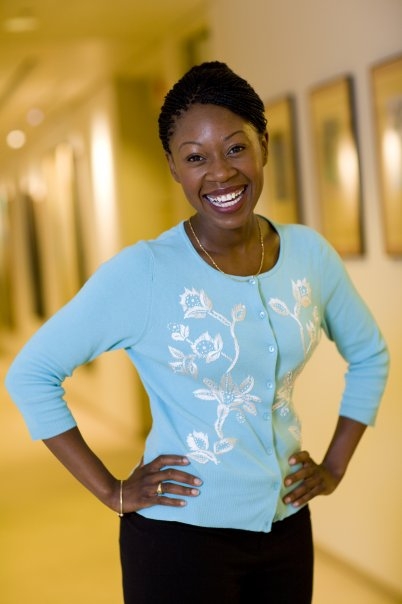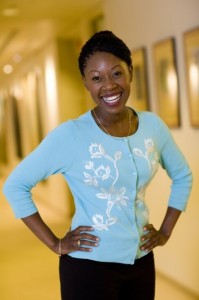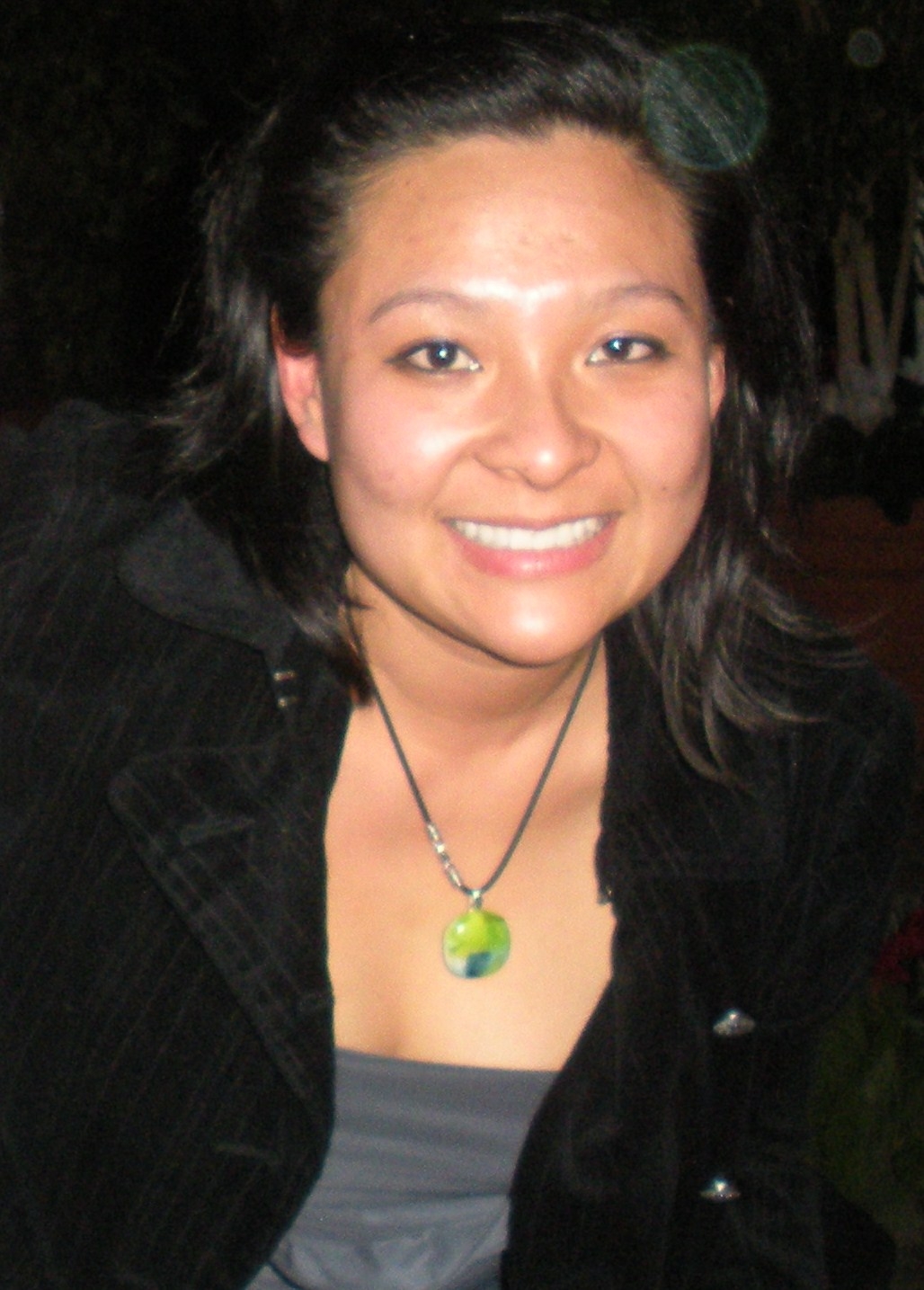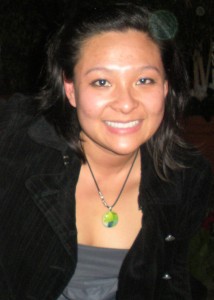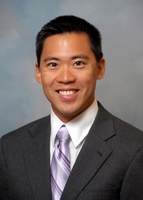 By Lin Yuan
By Lin Yuan
Chances are you check Facebook at least once a day, but refuse to jump on the Twitter bandwagon. Or maybe you’ve signed up for a Twitter, but don’t use it very much at all. Surveys show that while Twitter may be exploding for many demographics, it hasn’t taken off for college students, young adults, or teens. In fact, according to one study, the majority of Twitter users (or “Tweeps” in Twitter lingo) are over 35.
Why exactly are we, the generation of so-called “Digital Natives,” so reluctant to embrace Twitter? It makes more sense that we’re the ones who make a site like Twitter popular, then our parents and grandparents join, not the other way around. There even seems to be a stigma attached to Twitter among people our age. The following conversation is pretty common among my friends when someone is outed as a Twitter user.
Person A: (accusingly) “You have a Twitter?!”
Person B: (sheepishly) “Yes…” (quickly) “But I barely use it!”
In any case, people seem to have a hard time figuring out why 18 to 20-somethings aren’t on Twitter as much as one would think. Maybe that’s because there’s no good reason for it in the first place. In my opinion, misconceptions of twitter are the reasons we aren’t on it. Here are the top reasons I’ve heard for not being on Twitter. (And seeing how this is a career blog, I promise, Twitter is relevant to your career aspirations. Skip ahead to Misconception #3 if you don’t believe me.)
Misconception 1: Twitter is for narcissistic losers I have heard so many of my friends say that Twitter is for obnoxious people who think everyone wants to know where they are and what they’re doing at all times. Before I signed up for Twitter, I thought so too. Checking Facebook, if I saw someone had posted a bunch of mundane status updates, I would quip that he/she needed to get a Twitter. After getting more acquainted with Twitter though, I’ve seen that sure there are plenty of bad Twitter users out there, but even more good Twitter users. The upside to a more mature user base is that people have more mature things to say. The twitterverse as a whole is very concerned with what differentiates bad tweeting from good tweeting. People see crafting 140 character tweets as a skill, even an art and they try their best to make their tweets as interesting, informative, funny, and non-narcissistic loser-y as possible. Tweeters want to be worth following, so they are conscientious about writing good tweets.
Misconception 2: Twitter is ruled by Justin Beliebers Yes, there are tweeters out there that love them some JBiebs, but believe it or not, Justin Bieber is not the only thing people talk about on Twitter. Celebrities on Twitter do attract a huge follower base (Lady Gaga has more than 5 million followers!) but they’re not the only users with a significant Twitter presence. National newspapers, large corporations, and other organizations are all on Twitter because it’s a great way to share information. Influential people like politicians and esteemed professors are on Twitter for the same reason. For example, the President has a twitter account for sharing the latest policy developments…though he does have half a million fewer followers than Gaga. Still, bottom line: legitimately important people are on Twitter tweeting about legitimately important topics.
Misconception 3: Twitter is just one more site to waste time on This is probably the biggest misconception of all and the most unfortunate. Twitter is worth spending time on because it really isn’t just an alternative to Facebook or just another way to stay in touch with your friends. Twitter is useful for this purpose but it is even more useful for another purpose: furthering your career. Twitter can be an incredibly powerful career tool if used correctly. You can follow companies you’re interested in working for to stay up-to-date on the latest news in the industry. You can conduct a job search using Twitter since many recruiters and organizations tweet information about job openings. You can even make Twitter itself your career as social media marketing becomes more popular and in demand. Most importantly though, you can use Twitter to show employers exactly how thoughtful, passionate, and well-spoken you can be. Your tweets can be a way to share your ideas and put your best foot forward.
Even though I was a skeptic at first too, this is one millennial who is definitely a Twitter convert.
For more articles about Gen Y and Twitter, click on the links below. Also, go to our twitter resource page for tips on how to start tweeting.



